When The Lights Go Out
When The Lights Go Out
Your event has come and gone, so it’s officially time to rest, right? Well, not quite. There are still a few things to take care of that will further boost your event, potentially increase profits, and guarantee an easier time planning the next one.
1. Finances
Now that your event is complete, you can analyze the financial performance to understand how it stacks up against previous events and/or industry standards. Which part of the event was worth spending a little more on? What aspects weren’t as profitable as you anticipated? Check out key industry benchmarks to identify how your event aligns with the standard as well as recognize areas of improvement. It’s always a good feeling when your event financially improves from the last. Don’t forget to review other portions of the event in addition to profit, including the overall guest experience, quality of performances, and success of catering and merchandise. Are attendees willing to pay the same price or more to return in the future?
2. Social Media and Advertising Updates
After the financials are handled, you can now scroll through all of the professional and user-generated media content from your event. Posting pictures or a short recap video to your social media pages and website is a great way to showcase how amazing the event was. Followers who attended will want to share the experience, and followers who missed the event will be wishing they hadn’t. Your recap video should be around 60-90 seconds long to excite viewers, but not lose their attention. If you want to include pictures instead of videos, use more than two but fewer than 10. Refer to our previous blog post, “Capture The Experience,” (link) to learn more about how professional pictures and videos can dramatically benefit your event.
Additionally, it’s important to double-check that all ads for your event are completed or turned off, even if you have set an “end” date for digital ads. This goes for traditional media as well, including radio ads, billboards, and anywhere else you placed an ad. Neglecting to turn off any of these ads could lead to unnecessary expenses and unhappy people looking for an event that already occurred.
3. Thank Yous
Everyone knows it’s common courtesy to send “thank you” cards to your wedding guests for attending and supporting you on your special day. The same concept can be applied to your event attendees. A simple “thank you” email can make your attendees feel special and appreciated. This can also be a good opportunity to get attendees excited for the next event. In the “thank you” email, you can also add a discount code for the next event or early access to tickets. Not only will recipients appreciate the gesture, but this will also decrease the likelihood that they will unsubscribe.
Along those lines, we recommend sending your sponsors and donors handwritten letters or a unique souvenir from the event to show your appreciation for their kind contribution. Not only is it polite, but it can increase the likelihood of their continued support in the future. Lastly, every business benefits from positive reviews online. Leaving a review on Google or Facebook for your sponsors and donors is a nice final gesture. They may even return the favor and leave one for you as well.
4. Feedback
As the event planner, it’s impossible to experience your event exactly how a guest does without bias and this leaves room for details to be overlooked. A great way to learn what aspects of your event worked and what didn’t is to ask attendees for their feedback. An easy way to execute this is by sending a digital survey to every guest and/or posting the survey on your social media pages. You could even encourage employees, vendors, donors, and sponsors to share their feedback as well. It’s important to give your attendees time to process their experience; however, don’t wait too long before sending out the survey because you run the risk of them forgetting important details or getting too busy to respond. Surveys should not be sent any later than 1 week after the event.
While it might feel very time-consuming to comb through all of the survey results, you will receive very valuable information that can be applied to improve future events. You will know what aspects you should spend more time on for the next event and what you can recycle with direct feedback.
Once all of these tasks are complete, you can finally take a breath and reflect on all the hard work you have done!





